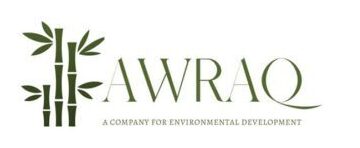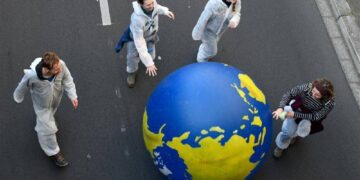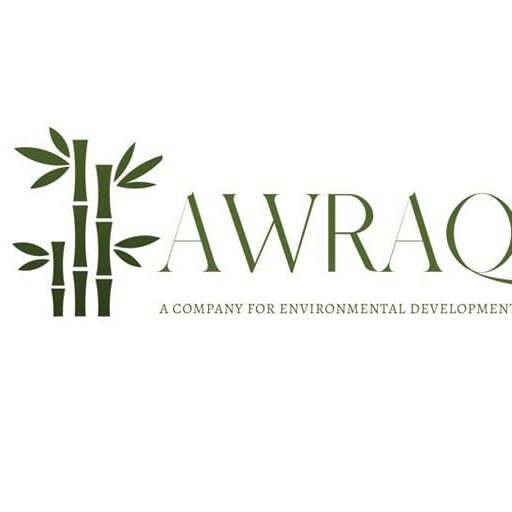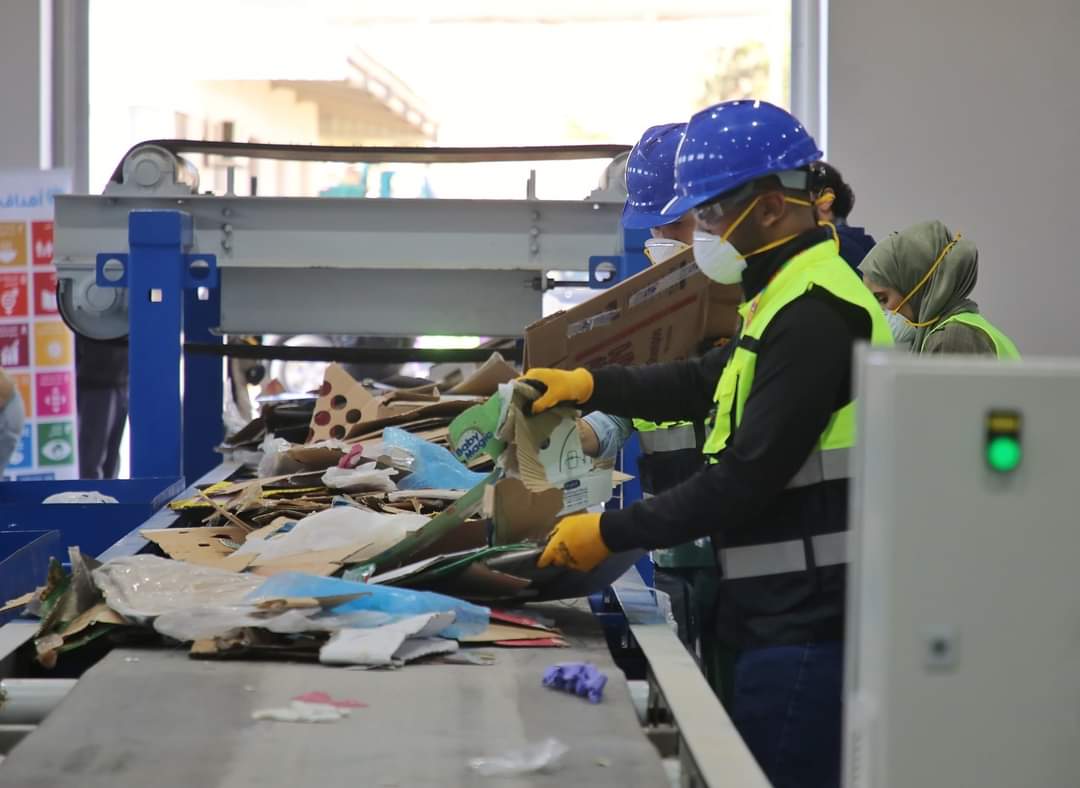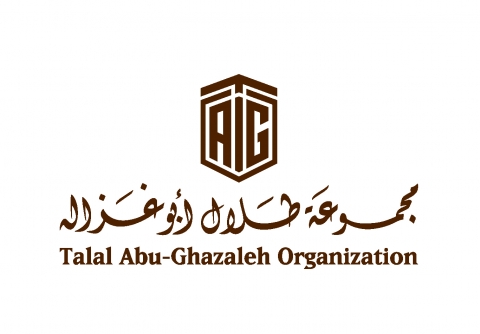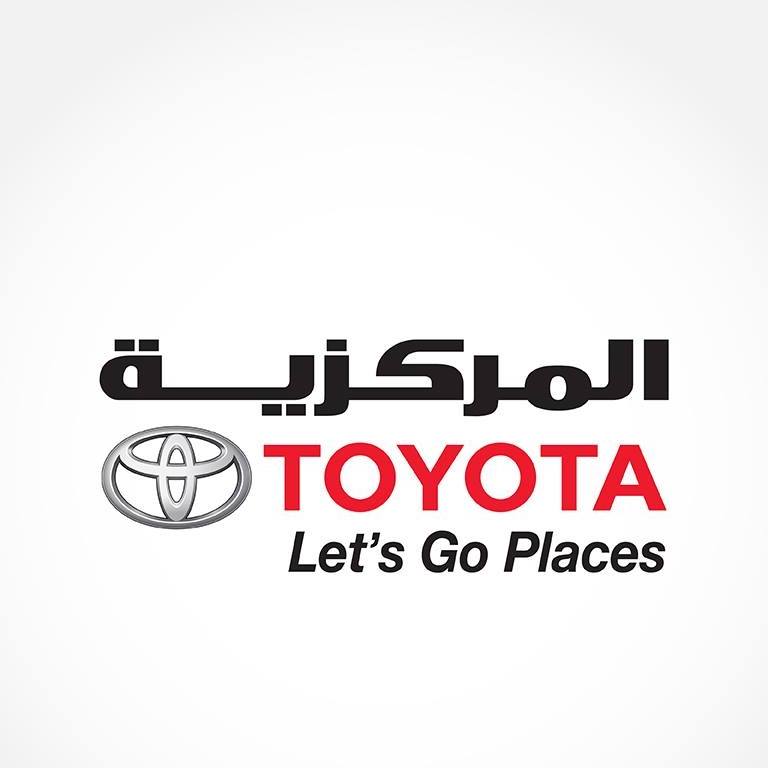“From Wool to Waste Management: Southern Jordan’s Path to a Greener Future”
By Awraq Media – Zeina Hamdan, Shoubak, Maan
In the rolling hills and desert landscapes of Southern Jordan, a quiet transformation is underway. Here, projects funded by the Canadian government and implemented by the United Nations Development Programme (UNDP) in Jordan are turning waste into opportunity, empowering communities with sustainable livelihoods, and offering a tangible response to the mounting challenges of climate change.
Inside a modest hall in Jerba village, Maan Governorate, an elderly woman named Qisma—affectionately known as “Um Hassan”—sits before an old-fashioned wooden loom. At over seventy years old, she deftly weaves sheep’s wool into rugs and macramé that reflect the rich heritage and “Spirit of Bedouin” culture. She learned this craft decades ago from her mother and grandmother. Today, Qisma passes on these skills to local women, ensuring that the delicate artistry of wool weaving endures.
This practice isn’t only preserving tradition; it’s serving the environment, too. The wool Qisma and her peers use used to be discarded haphazardly, polluting valleys and creating health hazards. Now, with the support of a pioneering initiative—part of a broader project titled “Reducing the Impacts of Climate Change through Solid Waste Management in Southern Jordan”—this raw material finds new life. Instead of piling up in landfills, the wool is carefully cleaned, spun, and dyed with natural pigments, then woven into products destined for local and tourist markets. This approach aligns with Jordan’s national strategy to mitigate climate change and practice integrated solid waste management. More importantly, it empowers local women, who gain income and skills, and highlights the synergy between cultural heritage and environmental stewardship.
Among these women are Nof Al-Jazi and Yusra Safouq Al-Jazi, both born in 2003 and studying customs and taxation. Rather than following a traditional path, they have embraced technology and social media to promote these woolen goods. “We want people—even those far away—to understand that each hand-woven rug or macramé piece represents a tapestry of Bedouin history,” Nof explains. Yusra adds, “By leveraging digital platforms, we connect our community’s craftsmanship to exhibitions and buyers worldwide, turning our village’s legacy into a modern success story.”
A short distance away, in the Shoubak area of Maan, another part of this transformation unfolds. At the local sorting and recycling center, 19-year-old Areen Al-Hwaitat, who grew up in a nearby village, has found a gateway to a brighter future. “I always wanted to continue my university studies, but circumstances held me back,” she says. Through hands-on training in sorting and operating recycling machinery, Areen now earns an income that helps fund her education. “This project didn’t just help me improve my environment, it gave me a real opportunity to move forward in life.”
The center’s activities focus on sorting plastic, cardboard, and other materials that would otherwise end up in overburdened landfills. Youth like Qutaiba Ahmad, a 21-year-old veterinary student at Shoubak College, also find new purpose here. “Working at the sorting facility opened up perspectives I never imagined,” he shares. “We operate advanced machines, transforming waste into reusable materials. Now, environmental protection is part of my daily routine.”
What makes this initiative truly stand out is its emphasis on community involvement—particularly women and young people in vulnerable regions like Shoubak. More than 86,000 people in Southern Jordan benefit from the project, half of them women. Over 100 individuals, including women and youth, have launched small enterprises in waste management and recycling. These homegrown businesses, fostered by local associations and supported by the project’s training and resources, fuel a growing green economy. They also complement Jordan’s broader economic modernization vision, which champions sustainable practices, reduced carbon emissions, and integrated waste solutions.
This holistic approach doesn’t stop at community training. It extends to collaborations with other sectors. For example, some waste materials will soon come from hotels in the ancient city of Petra. By tapping into these tourism hubs—partnering with the Petra Development and Tourism Region Authority (PDTRA) and local businesses—the recycling centers secure a steady stream of raw materials. This reduces transportation distances, cuts carbon emissions, and supports local economies. As Dr. Nidal Al-Ouran, the UNDP Environment and Climate Change Program Manager in Jordan, notes, “We are not only creating jobs and reducing waste. We’re linking local tourism, culture, and sustainability in a way that strengthens communities and the environment.”
Merad Al-Shishani, UNDP’s Waste Management Program Director, highlights another crucial goal: “By converting waste into valuable resources, we diminish reliance on landfills, reduce pollution, and ease the strain on natural resources. This project contributes to national climate commitments and supports the global targets set at events like COP 29.” The synergy of tourism, environmental stewardship, and economic empowerment amplifies the impact far beyond local borders.
Randa Abou-Hosn, the UNDP Resident Representative in Jordan, emphasizes the collaborative nature of this initiative: “This is a testament to what can happen when local communities, the government, and international partners work together to achieve environmental and developmental goals. It’s a holistic model of economic and social resilience.” In the same spirit, UN Resident Coordinator in Jordan, Sherry Anderson, underscores the importance of fieldwork: “We celebrate not just environmental achievements, but how they uplift people’s lives. This is what sustainable development is all about—improving well-being while protecting our shared planet.”
Note:
This report was prepared by Awraq Media on the occasion of United Nations Day, following a field visit organized by UNDP in Jordan to the Shoubak region in Maan. The trip showcased a pioneering project aimed at mitigating the impacts of climate change through integrated solid waste management in Southern Jordan, funded by the Government of Canada. This story offers insights into the project’s achievements and its role in fostering a green economy, empowering youth and women, and preserving cultural heritage.


